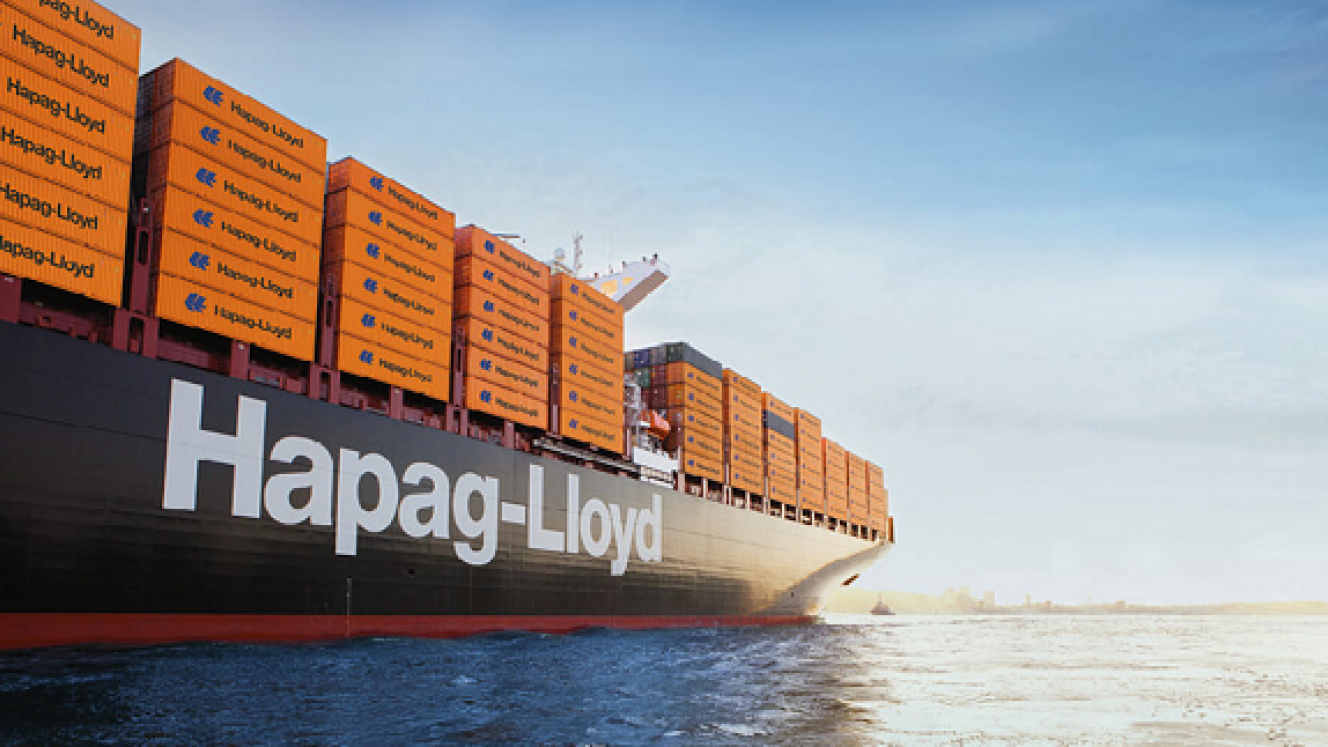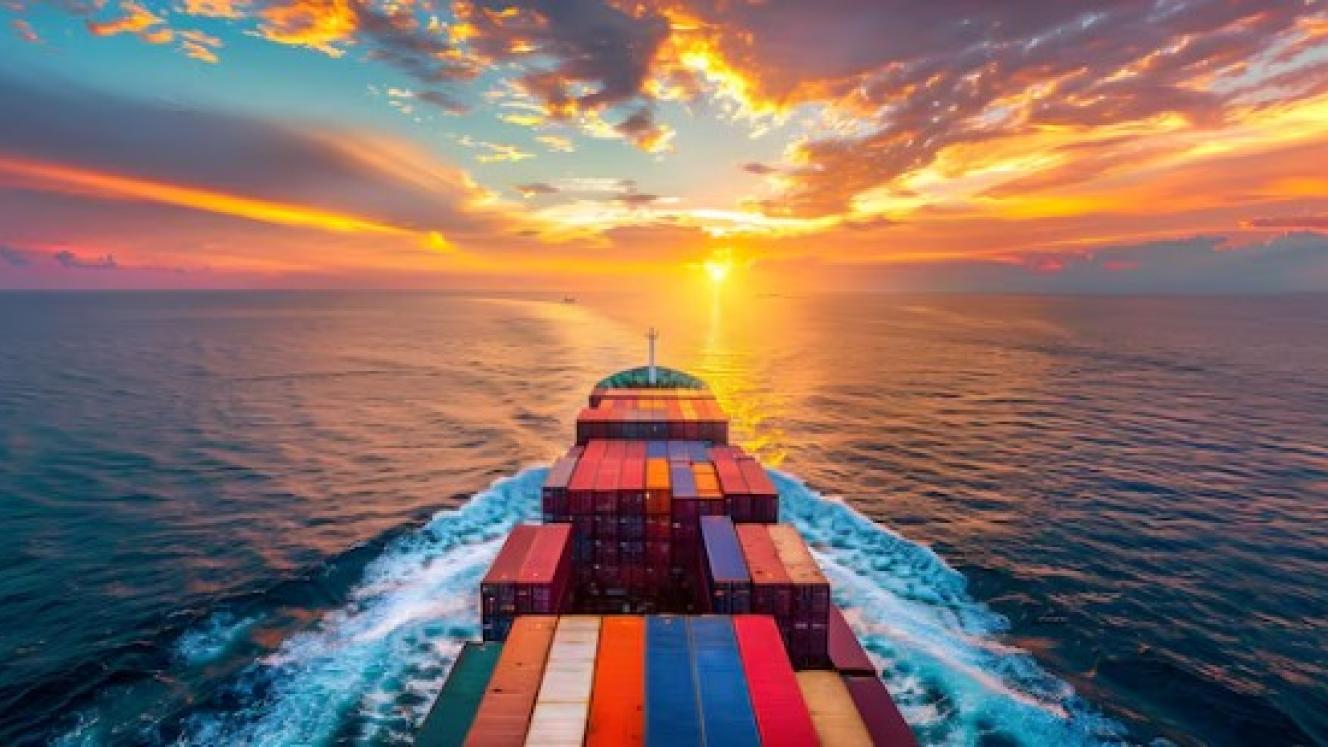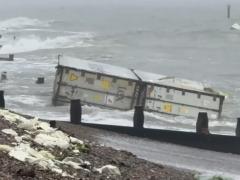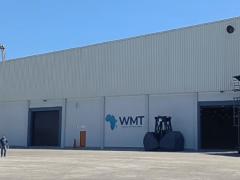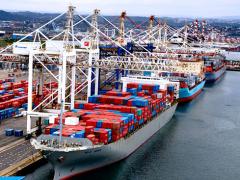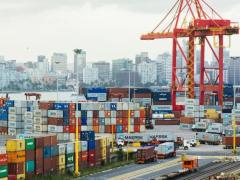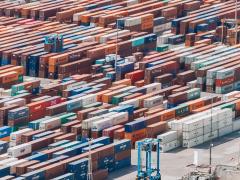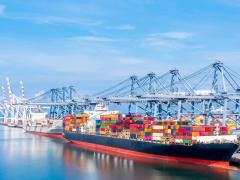In a major step forward for the use of advanced biofuels in ocean transport, DHL Global Forwarding, the air and ocean freight specialist of Deutsche Post DHL Group, has signed an agreement with shipping major Hapag-Lloyd that will see the shipment of an initial 18 000 TEUs using advanced biofuels.
This is equivalent to a reduction of 14 000 tons of Well-to-Wake* CO2 emissions, according to a joint statement. “The project demonstrates the scalability of sustainable transport solutions and the relevance of sustainable fuels in today's market,” says Dominique von Orelli, global head of ocean freight at DHL Global Forwarding.
Advanced biofuels are based on raw biological materials, such as used cooking oil and other waste products. This material is used to manufacture a fatty acid methyl ester (FAME), which is then mixed with varying proportions of low sulphur fuel oil. Compared to standard fuels, this pure biofuel product lowers greenhouse gas emissions by more than 80%.
Managing director global sales at Hapag-Lloyd, Danny Smolders, says biofuel will play a significant role in coming years on the line’s path to becoming net-zero carbon by 2045. “This project will bring us a step closer to offering our customers biofuel-powered transportation as a commercial product and thereby supporting them in their efforts to reduce their carbon footprint.”
Hapag-Lloyd has been testing advanced biofuels since 2020 and offers a carbon-reduced transport solution utilising biofuel blends instead of traditional fossil marine fuel oil (MFO). The resulting reduction in carbon dioxide equivalent (CO2e) emissions can be offered as a “Green Product” on a twenty-foot equivalent unit (TEU) basis and thereby transferred to customers in order to help reduce their Scope 3 emissions.
*Well-to-Wake (WTW): all direct emissions from vessel operation including upstream emissions.
